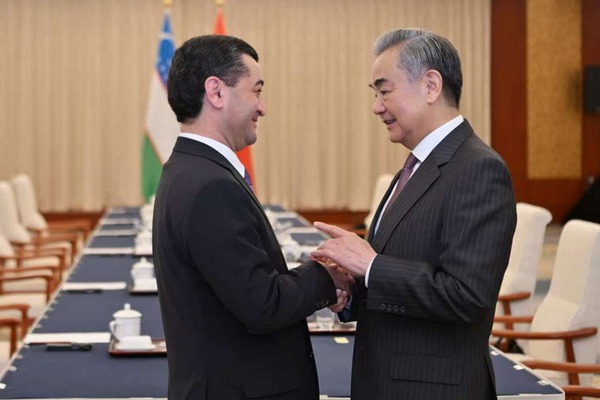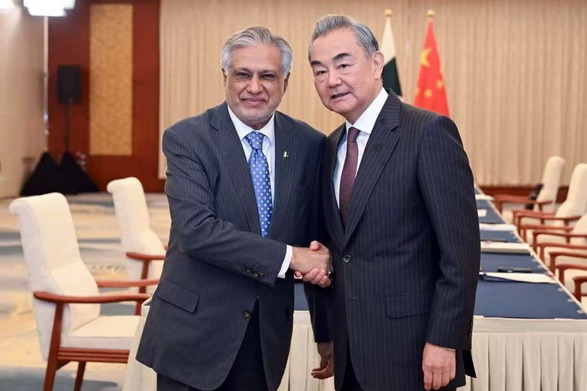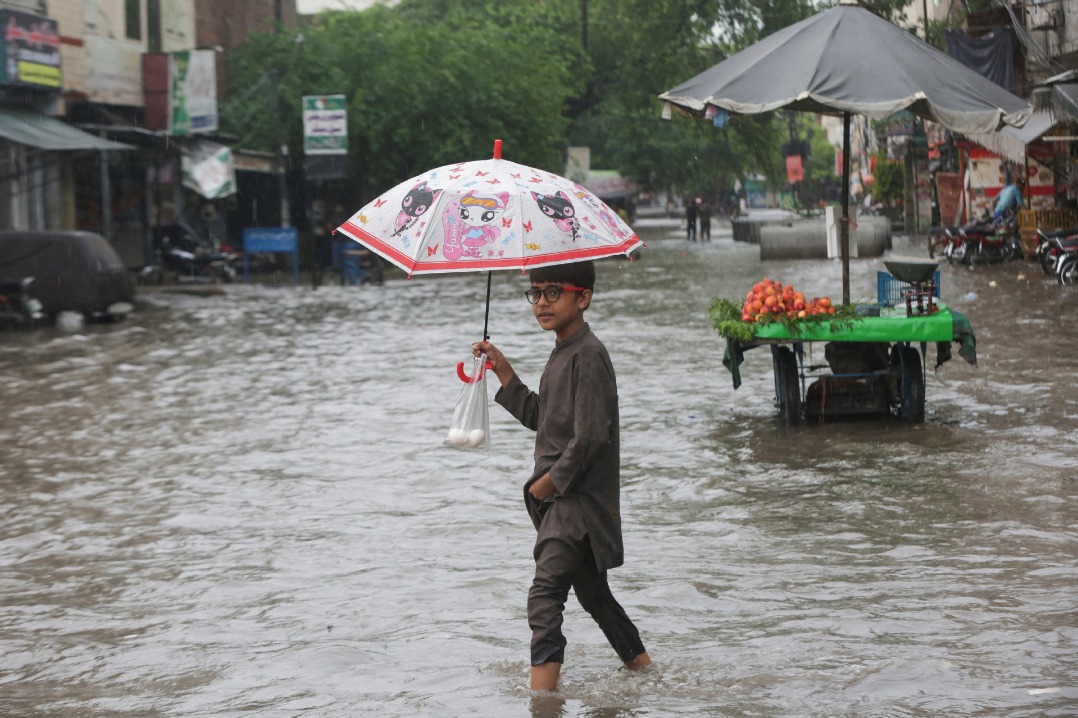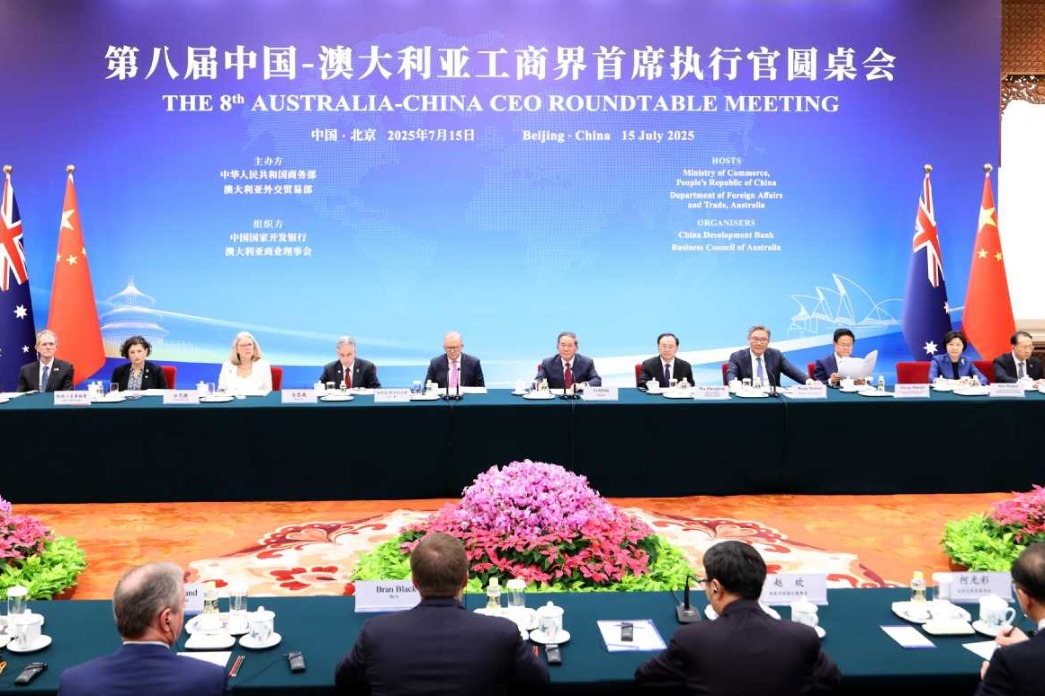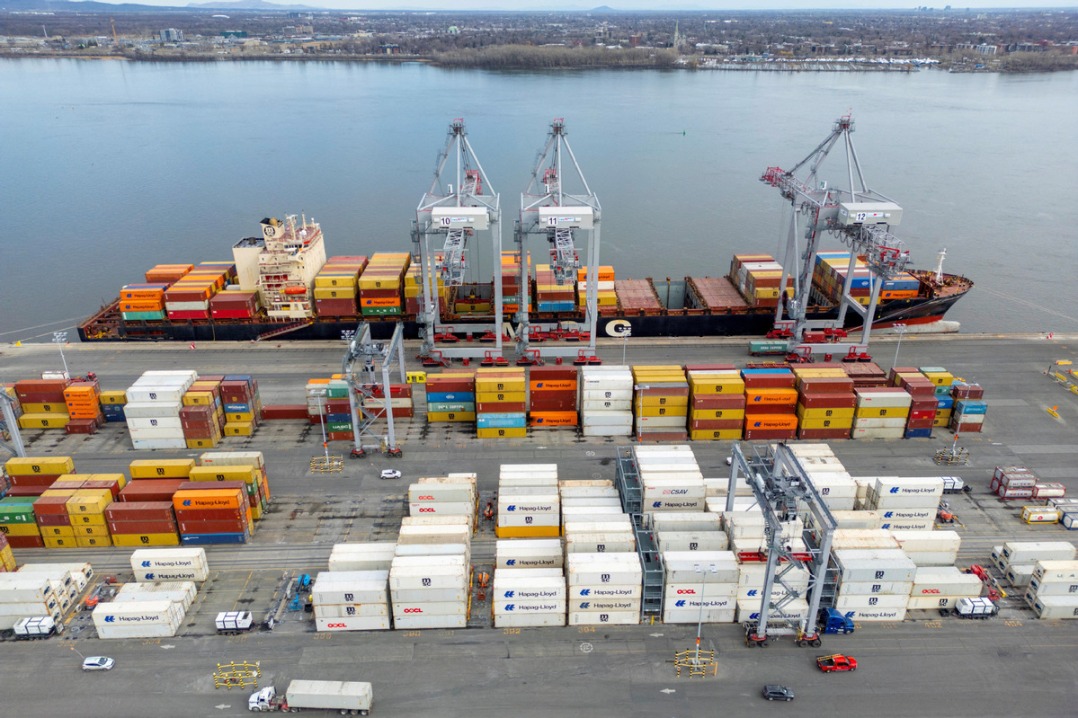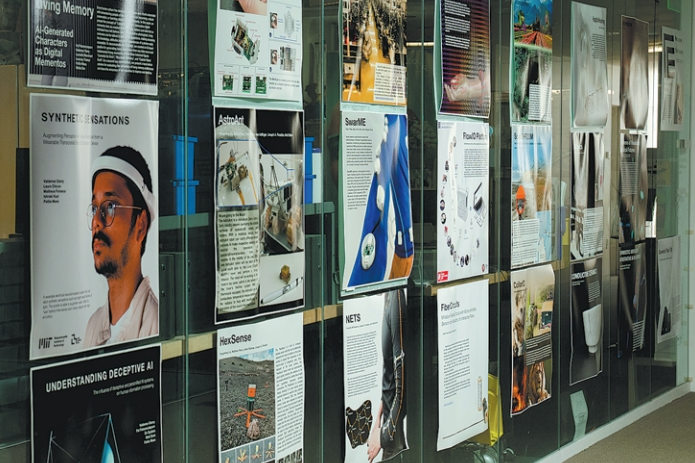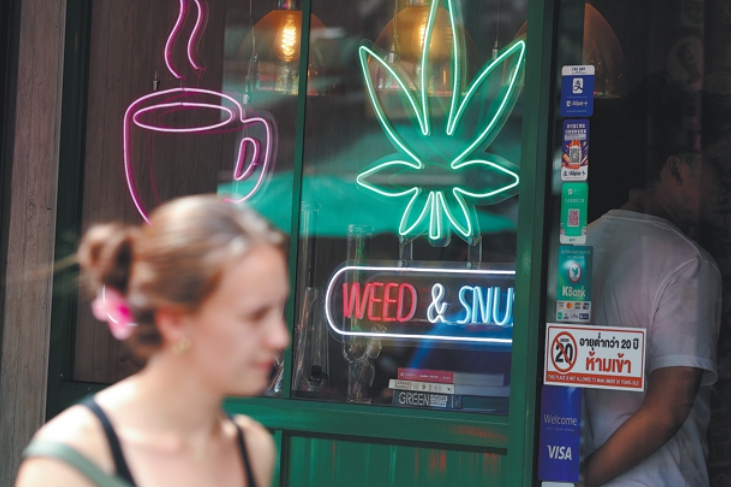EU to encourage more use of homegrown food

The European Commission is set to propose fruit, vegetables, and milk consumed in schools across the European Union should be sourced within the continent as part of a wider promotion of European industries of all kinds, to reduce reliance on imports.
The move comes in the wake of a "made in Europe" proviso that is already being employed in fields including defense procurement and the move toward clean technology, and will aim to encourage small local producers and low-climate footprint purchasing.
Currently, 17 of the EU's 27 member states already have their own measures in place that give priority to local producers.
Although the EU is a net exporter of milk and dairy products, the Financial Times reports, its fruit and vegetable imports, mainly from the United States, Morocco, and Turkiye, are twice its size.
The EU's Common Agricultural Policy, or CAP, is one of the most important elements of how the EU functions, aiming to manage food production across the bloc and ensure financial support and a decent standard of living for those in the agricultural sector.
The commission is currently in the process of putting together the bloc's next common budget, which could shake up the way agriculture is funded.
Currently, the FT reports, funding for the CAP is around 369 billion euros ($428.5 billion), which makes up around one-third of the entire EU joint budget.
Although core funding will remain unchanged, there will be new rules about how some subsidies and grants will be allocated, with more discretion being given to individual national governments over this.
The move comes after several years of tension between farmers across Europe and the EU, fueled by issues including tightened environmental regulations within the bloc and giving an unfair advantage to food exporters in other countries who are not subject to the same rules.
During the early stages of the Russia-Ukraine conflict, Ukraine, which is one of the world's largest producers of wheat, maize, and sunflower oil, benefited from the EU ditching tariffs on food imports from the country, but the consequences of this further upset EU food producers.
According to risk data organization Maplecroft, up until April 2024 there had been more than 4,000 incidents of agricultural unrest in Europe, which was 300 percent up on the number for the region for the whole of the previous year.
Germany and France were the two EU member states with the highest number of incidents, with far-right parties in both countries taking advantage of the discontent as an opportunity to encourage anti-EU sentiment.
julian@mail.chinadailyuk.com
















